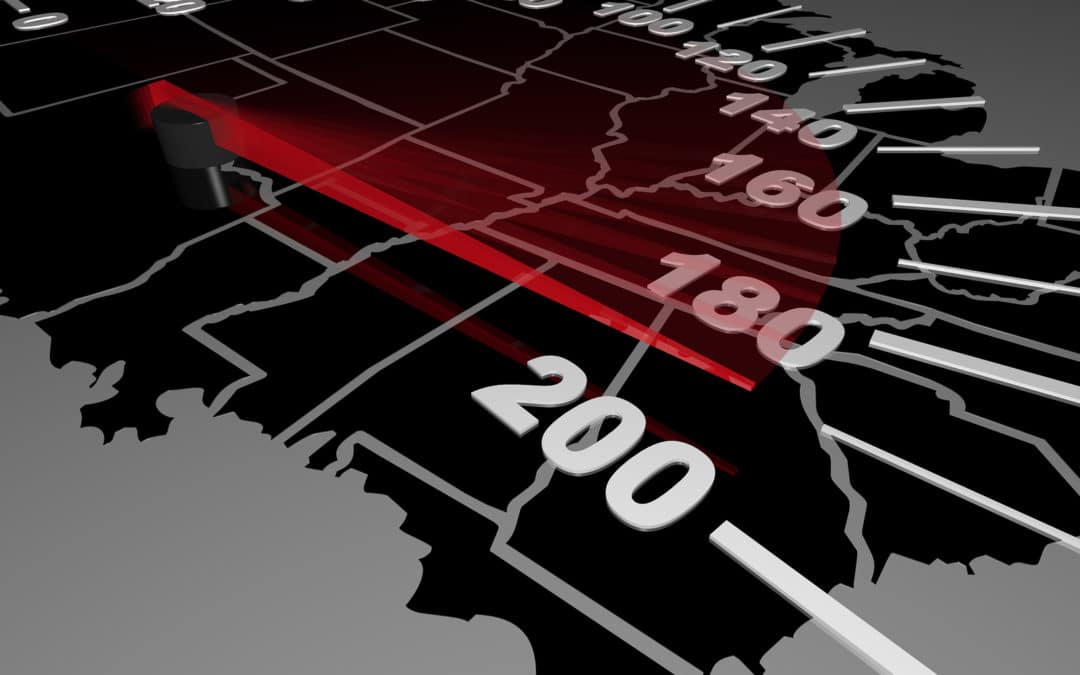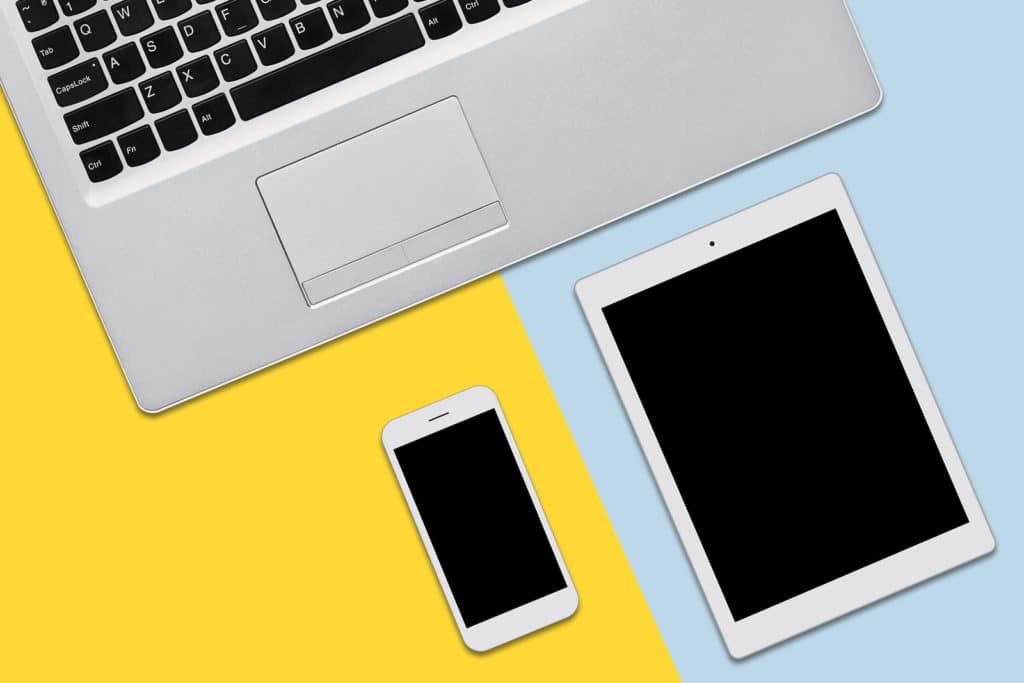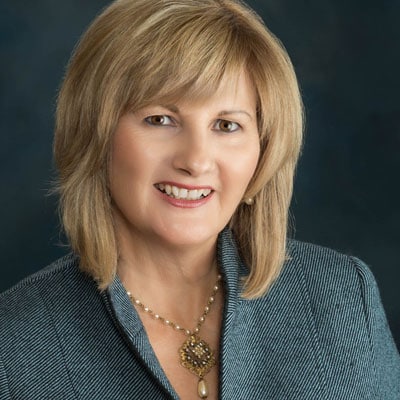By Diana Creel Elarde
If there ever was a song representative of our hectic fast-paced American lifestyle, it has to be “I’m in a Hurry to Get Things Done”, by Randy Van Warmer & Roger Murrah. Recorded by the country group Alabama over 26 years ago, these lyrics are even more relevant in our fast-paced society..
I’m in a hurry to get things done
Oh I rush and rush until life’s no fun
All I really gotta do is live and die
But I’m in a hurry and don’t know why
It seems our lives are constantly bombarded with the demands of living in an “I need it now!” society. I will fully admit I like a world when only hours after placing my order on Amazon, there is a ring of my doorbell and a friendly person handing me my latest new toy. Gone are the weeks of waiting, or the endless time wasted searching in store after store.
And how about having that instant information at our fingertips? We no longer have to rack our brain to find the lyrics of that song or the name of a movie we saw a favorite actor in. The answers are only a few finger strokes or voice commands away.
One would think this shortened response interval would result in more free time in the day. But somehow this does not seem to be the reality. In our fast paced world, are fewer tasks somehow filling more time or are an increasing number of tasks robbing us of time?
The Power of Now
In the same period of time as Alabama’s song hit the airwaves, author Eckhart Tolle introduced his book The Power of Now. It quickly caught the interest of Oprah Winfrey, who spotlighted the book on her show, and it was soon picked up by millions of people around the globe. Its core message: fully live in the present moment. Conscious awareness of the present moment helps to eliminate both the anxiety of regret for past decisions, and the often futile need to try to control future circumstances. Both concerns, past and future, take us out of the mindset of the moment, when we CAN impact our lives.
I hear a voice
That says I’m running behind
I better pick up my pace
It’s a race
A counterpoint to Tolle’s ideas has to be that needless internal voice which tells us that we are already behind in our quest to keep up in a fast-paced society. I often find myself feeling that running-behind feeling, and try to pick up my pace in the belief that it will help me catch up. It is easy for me to fall into the not-enough-time ideology, almost like it is my default nature.
The Everyday Life
There are days when as early as 6:00 AM I am convincing myself I already don’t have the time to go to the gym, go food shopping, get phone calls completed or my writing done. Sometimes I need to stop myself and return to the present moment, and move forward with one foot (or task) in front of another, in a measured pace until I can get past my poverty consciousness of time.
Some of the suggestions Tolle has to encourage consciousness of this present moment:
- Realize all we have is now, this moment, and act on this awareness
- Be aware that despite what we think, we are terrible at predicting future outcomes
- Measured and deep breathing aids in staying present and reducing anxiety
- Self-awareness: Are you focusing too much on the past or on the future?
Or the Demand of Now
Remember the old philosophical question dating back to medieval times “How many angels can dance on the head of a pin?” Certainly the original context was not in reference to our often fast-paced world, but perhaps has new relevance when we find ourselves asking how many things, people, or tasks can be juggled in a single moment.
Just last week in meetings I heard two realtors relate how they received calls on a Saturday night from clients wanting them to draft and submit an offer on a property NOW. The agents related trying to go back and forth between social life and professional life as they tried to balance personal pleasures and business responsibilities. Both conceded the personal side suffered. Yet the reality was if they hadn’t written the offers then and there, chances are in this hot market, the “dream” homes of their clients would have been snatched by another buyer with an agent who would do it now!
NOW!
The consistent introduction of newer, faster and more-connected technology has changed the world of leisure, business and even our friendships. We don’t wait for friends to show us their latest trip to Ireland as we experience it before they even return via Facebook or Instagram. Even our phones can show us who is at our front door as we lay on a beach thousands of miles away. We interact, we direct the delivery and all while applying sunscreen.
How fast has the speed of technology hit us? I once heard this analogy presented. Consider Julius Caesar, leader of the Roman Empire around 49 BC, and our American president Abraham Lincoln, living almost 2 millennia later. Take a moment to think about their basic modes of transportation and means of communication. Both Caesar and Lincoln were most likely to travel by some means involving a horse, and communicate by words hand-written on paper. Flash forward, to the present day, a mere 153 years after Lincoln. What does current transportation look like? How about horseless carriages that drive themselves or commercial flights being planned to outer space? And current means of communication? A computer you carry in your pocket! 2000 years of slow movement as opposed to 150 years of lightning changes in a fast paced world.
I spent over twenty years in sales in the technology field. Initially I could easily meet and sell to a client by myself without a technical person in sight. That quickly changed to the need for an entire posse of engineers, software designers and solutions people in tow during a presentation. After one such meeting with a long-time client, I remember her placing her head on the table and praying out loud, Lord, please do not let me became road kill on the technology highway.
Does Technology Drive Us?
Technology, no doubt has driven us in the demand of now. Certainly since its introduction, it has prompted the question are we controlling it or is it controlling us? I am never sure about this, but I did decide sometime back there were methods I could employ to ensure my time wasn’t used to continually feed the beast vying for my attention and time.
- Turning off as many notifications as possible. Be it email dings or Facebook dongs, all are silent on my phone and computers. That small ding/dong draws attention, takes you off track and creates the impulse is to read it now.
- Creating a schedule with certain times allocated to view and respond to social media, personal email and internet browsing
- Configuring Do Not Disturb options on my phone. After 8 pm only family members can call me on my phone, text messages are silent.
- Dinners with the attention on the people at the table, not technology.
There are some variations to these. For example, there are times when in discussion my husband and I will use the phone during a meal to find a quote, an idea or even an article we have read. I also make some exceptions for clients who I know may be trying to reach me. Beyond these types of circumstances I am determined not to jump at every minor attention-seeking alert from my phone or computer. They work for me and not the other way around.
Social psychologists more and more warn about smart phone addiction and hours wasted in gaming, texting and the constant need to feel like we must respond to non-critical and often nonsensical items.
In a world where we value time as a premium commodity, the slippery slope of constantly responding to technology can easily eat up our minutes, making us feel stressed in a fast-paced world.
High Tech, High Touch
In his book, High Tech, High Touch, author Jon Naisbitt back in 1999 questioned the relationship we were developing with technology. And while that was written close to 20 years ago, his work reflects a concern that seems even more real today. Will technology give us more time or will it create a void we feel we need to fill with more tasks and responsibilities? If more people can reach me 24 hours a day via email or text compared to 8 am to 5 pm daily by office phone, have I gained hours or lost them?
In what he described as the Technology Intoxicated Zone, does time become a black hole we fall into? Consider all the time you spend with technology. Endless news sites, games, emails, Facebook, Instagram…. Is there a ladder of hope to help us climb out of the Zone?
The counter perspective of Naisbitt’s book, high touch, deals with the need for more human contact as technology takes over our lives. Certainly we all have heard about relationships that can live or die in a matter of hours all by texting. Even our Facebook interactions have become an answer to a social life. Are we becoming a society that believes relationships can exist and deepen in a flat screen world?
Eye Opening
I don’t think I will ever forget the moment a co-worker, who was constantly in a state of rush, multitasking through all interactions, came into my office with tears in his eyes. It seemed his wife had called him and true to his form, he talked with her while typing away on his computer, half paying attention to the conversation. In a broken voice she blurted out she had been diagnosed with cancer. His reply, “Oh that’s nice. What’s for dinner?”
High Touch: the need for human contact, the hug, the hand which holds ours, the welcomed smile. Obviously it hasn’t become irrelevant or unnecessary. But how do we maintain human connection in a fast paced world in transition? It seems even today, decades after the introduction of Naisbitt’s book, we are still searching for a solution and the balance between a world of technology and true human connection.
Perhaps the answer goes back to the time illusion, that false belief I have to be in a hurry to get things done. If we can’t manage our time or our technology, how do we stay present? And truly, isn’t it during those precious minutes of being present we hear the voice which says I love you, the sadness of a friend in grief or experience the joy of win by our favorite team. Moments, special moments, happen in the NOW, when we rise above the fast paced world and we stay centered.
Fast Paced, copyright DElarde, 2018
Diana Creel Elarde is a PSYCH-K® facilitator, author of the book, A Star in My Hand, and a three-time contributing author in the Chicken Soup for the Soul books. You can reach Diana at www.emerginginsightsgroup.com or at diana@insight11.com.












I love your expression, “poverty consciousness of time.” When we relax, and realize that we have all the time we need for important matters, our life begins to flow. Thank you for the reminder.